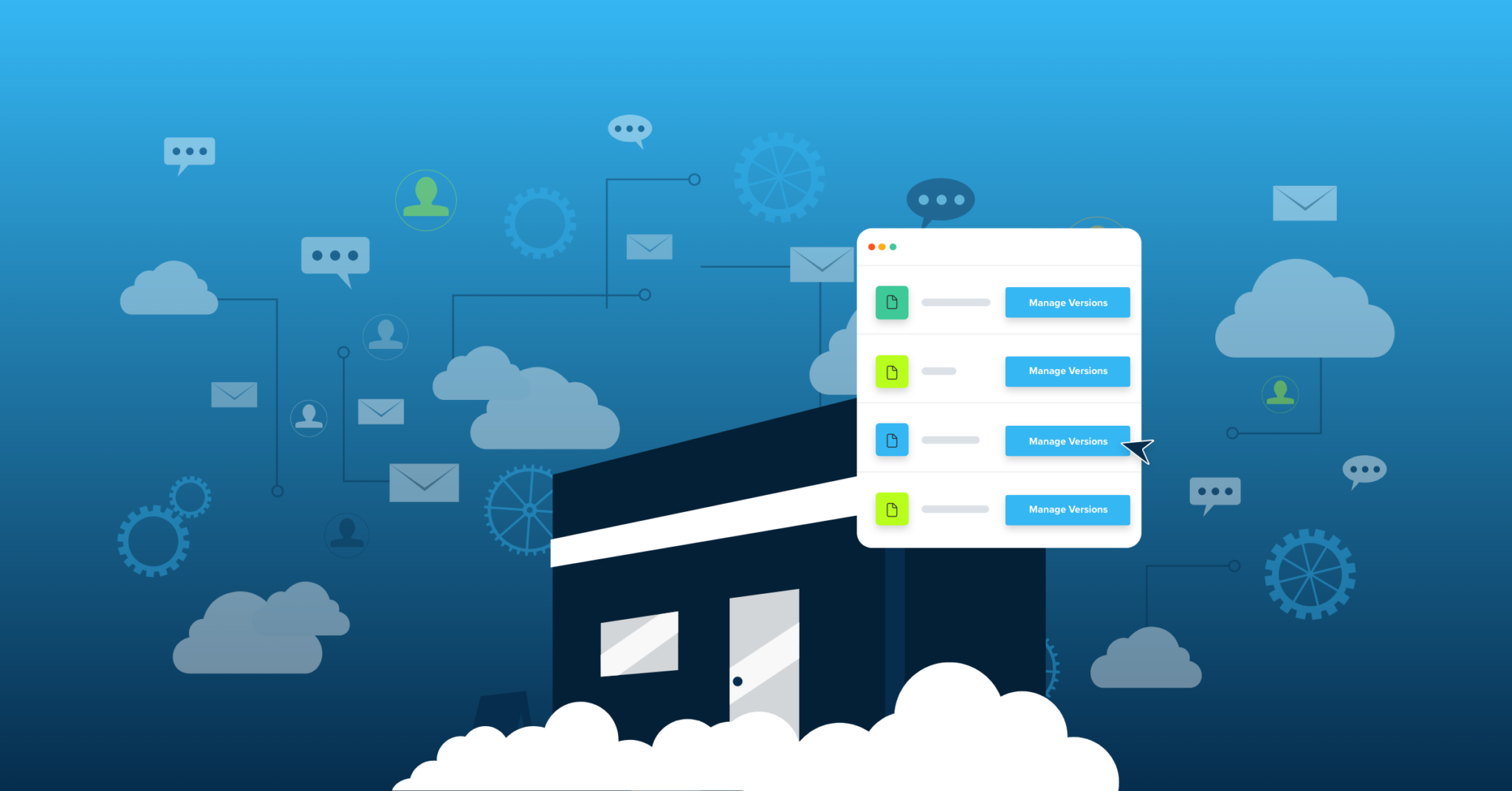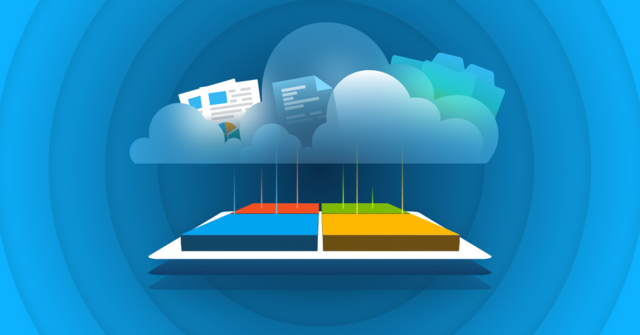
If you’re a small business that wants to back up your data, you’re likely aware of the 3-2-1 backup rule. This rule essentially states that you need to keep three copies of data at two different locations, with one of these locations offsite. Following this rule can help you avoid data loss, and the most secure and reliable offsite location tends to come from a cloud backup provider.
But there are a variety of cloud backup solutions for small businesses that can play a significant role in improving your company’s data resilience. How do you choose the right one for your needs?
4 Tips for Finding a Cloud Backup Solution for Your Small Business
Finding the right cloud backup solution for small businesses involves understanding your backup needs and ensuring the provider can meet them. Review these four tips for picking an exceptional cloud backup solution:
1. Evaluate Your Cloud Backup Needs
Before you select a cloud backup provider, you’ll want to do an assessment of your digital workspace. This includes evaluating:
How many computers does your small business use? You’ll need a backup solution that covers all the devices necessary for your business.
What type of files need to be backed up? Some files, like high-quality video files, require significantly more space to store.
How much data do you plan to upload to the cloud? Related to the questions above, this requires gauging a rough estimate of the overall amount of data that must be protected through backup. Since backup requirements can increase, it’s often a good idea to choose a solution that offers flexible or unlimited backup options.
Does your team work remotely? If so, your provider will need to support cloud backup for remote devices.
What operating systems does your team use? Many Companies use multiple operating systems (such as Windows and macOS). As a result, most small businesses prefer to use a cloud backup solution compatible with multiple operating systems.
2. Check That the Cloud Backup Solution Supports Your Data Disaster Recovery Plan
Any cloud backup solution you select should meet the standards you’ve established in your data disaster recovery plan.
A disaster recovery plan should feature a recovery time objective (RTO) and a recovery point objective (RPO). A good cloud backup solution will ensure you can meet your RPO by automatically backing up your files at the intervals your RPO established. The solution should also offer recovery speeds that support your RTO to ensure your team can get right back to work after a data loss event.
Besides supporting your RTOs and RPOs, a cloud backup solution should allow you to prioritize data for backup and recovery. By allowing you to prioritize types of files for backup, you can reduce the risk that important files aren’t backed up before a disaster. Additionally, data prioritization is essential for data recovery, as it allows you to recover the most important files first. With data recovery prioritization, you can cut down on productivity losses by recovering the files your team needs for work before restoring less important ones.
Learn the Essential Steps to Safeguard Your Business Data
3. Ensure the Provider Can Securely Store Your Data
One of the main benefits of using a cloud backup provider is that it stores your data in an offsite location that should protect you from ransomware attacks and data loss due to disasters. However, if a provider doesn’t have top-grade security features, your data could be at risk.
While searching for a secure backup cloud provider, ensure they follow industry-standard encryption protocols, hold relevant certifications, and offer access controls.
Checking that a provider follows HIPPA, SOC 1, SOC2, ISO27001, GDPR, and CCPA standards can ensure your data is properly stored and secured. Additionally, your data ideally should be encrypted before it’s transmitted to the backup destination to guard it against threats during transit.
4. Endpoint Backup Solutions
While you can find a few different types of cloud backup methods, endpoint backup solutions can often be the right choice for most companies. This type of solution copies data from your small business’ endpoints and stores them in an offsite cloud, ensuring the files on these devices are continuously archived in a secure location.
A great endpoint backup solution will back up your data every 15 to 30 minutes to prevent a significant amount of data loss after a disaster. Other features you’ll want to look for in an endpoint cloud backup solution include compliance with various data storage standards, fast data recovery after a disaster, and unlimited cloud backup.
CrashPlan: Cloud Backup Solutions for Small Businesses
When you’re looking for cloud backup solutions for small businesses, CrashPlan is ready to help. Our secure endpoint backup solutions are designed for simplicity, security, and reliability. With our solutions in your corner, you’ll receive automatic backups every fifteen minutes, continuous data protection, role-based access settings, and unlimited versioning.
Since CrashPlan uses minimal system resources, our continuous backups won’t interrupt your team’s workflow, and will ensure continued protection against data loss.
Learn more about our small business cloud backup solutions today. If you’re ready to see how CrashPlan can handle all your endpoint backup needs, please sign up for our free trial.






